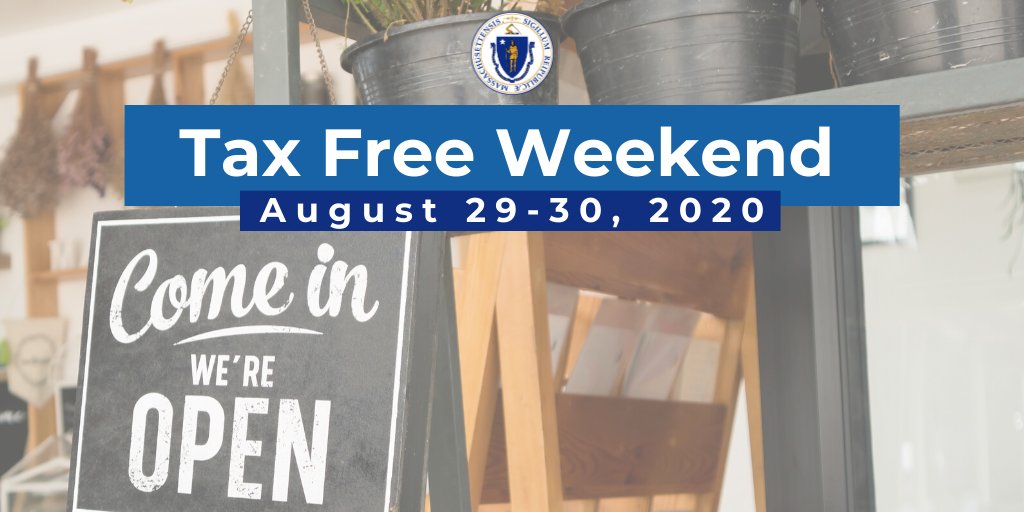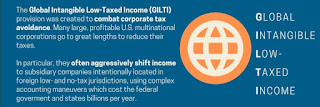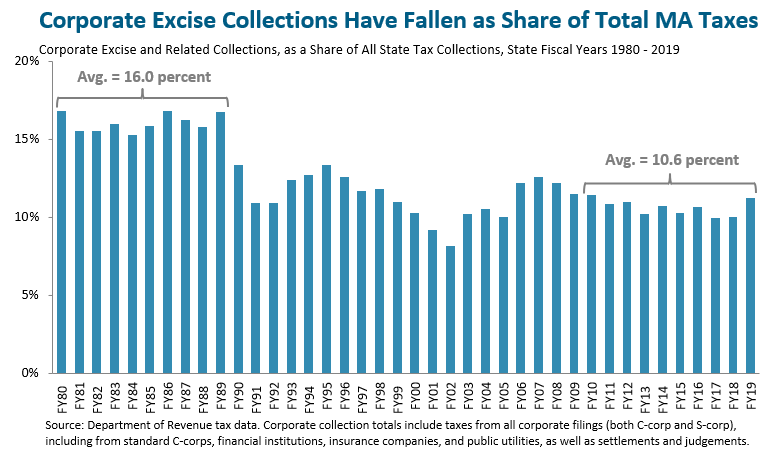From the Milford Daily News, articles of interest for Franklin:
"Massachusetts recorded $4.456 billion in tax collections in July, with just more than half of that money being counted toward the budget year that ended June 30 about $3 billion short of expectations.
The Department of Revenue said about $2.293 billion, or roughly 51% of July’s collections, came from income tax payments and refunds originally due in fiscal 2020 but received in the first month of fiscal 2021 because the Legislature and governor extended filing deadlines due to the pandemic.
About $2.163 billion in July revenue will be counted toward fiscal 2021, including an estimated $50 million in corporate and business taxes that were deferred from the spring when state waived penalties for late filing and payment, the DOR said. Once the numbers are adjusted for tax deferrals, tax collections last month were about $88 million or 4.3% higher than the equivalent tax collections in July 2019, the DOR said.
“July total collections were also boosted by corporate and business tax payments attributable to returns due in April, which will be recorded as FY21 revenue, following the waiver of late filing and payment penalties in connection with such returns,” Revenue Commissioner Geoffrey Snyder said. “Sales and use tax revenue also increased as compared to the same period in 2019, despite the deferral of certain regular sales, meals, and room tax payments from FY2020 to FY2021, which are due in September.”
Continue reading the article online (subscription may be required) https://www.milforddailynews.com/news/20200806/july-tax-haul-plugs-some-of-states-fiscal-20-deficit?rssfeed=true









